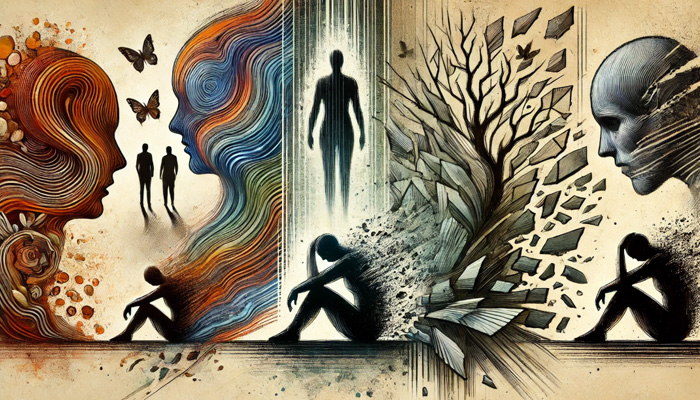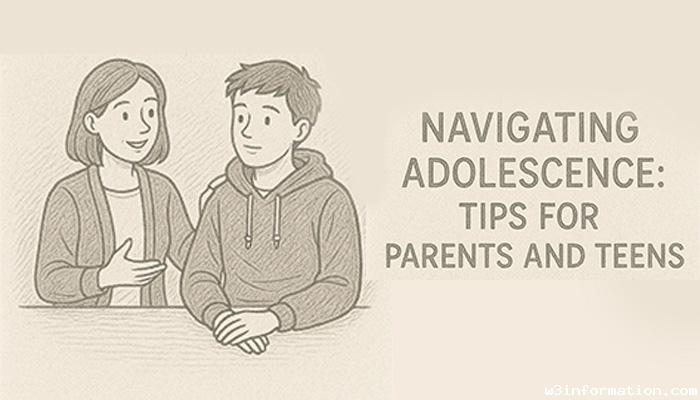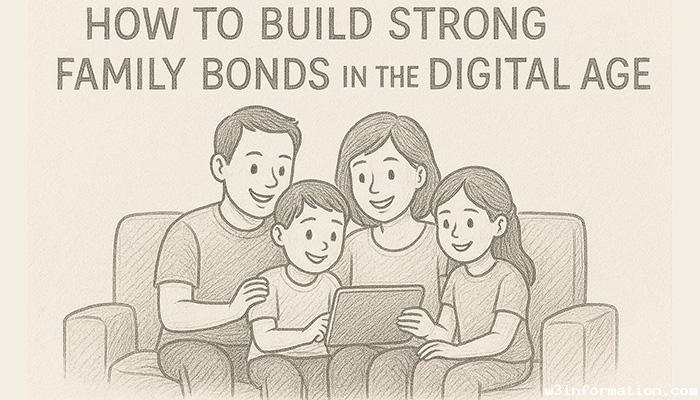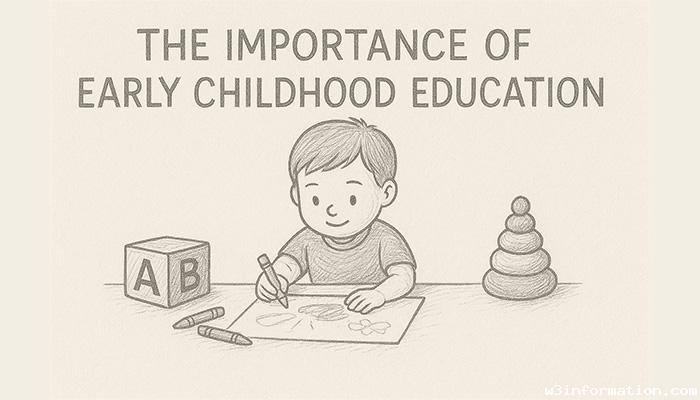Emotional Pain and Its Psychological Impacts
Sexual pain, too, is an entanglement of the brain and body that lingers in the individual’s soul. There is healing and resilience only if we know what causes it, how it manifests and how it affects us in the long run. This blog covers the complexity of emotional pain and its psychological consequences with tips on how to cope and recover
Understanding Emotional Pain
Definition of Emotional Pain
Emotional pain refers to the psychological distress resulting from loss, rejection, trauma, or deep disappointment. Unlike physical pain, which has tangible origins, emotional pain stems from intangible experiences and can linger long after the triggering event.
Common Causes of Emotional Pain
- Loss and Grief: Losing a loved one, job, or relationship often leads to intense emotional suffering.
- Rejection: Experiencing rejection in personal or professional contexts can deeply wound self-esteem.
- Trauma: Events such as abuse, accidents, or violence can leave lasting psychological scars.
- Unmet Expectations: Unrealized dreams and unfulfilled expectations can also contribute to emotional distress.
Definition of Emotional Pain
Emotional pain is the mental suffering caused by loss, rejection, trauma or extreme disappointment. And unlike physical pain whose source is real, emotional pain originates from abstracted events that can occur many years after the event itself.
Why Emotional Pain Is The Most Common Reason?
- Grief and Despair: When someone you care about, loses a job, a lover, etc, it often brings with it profound grief.
- Disapproval: When you are rejected at a personal or professional level, your self-worth gets bruised.
- Trauma: Abuse, accidents or violence can be debilitating psychologically.
- Misplaced Expectations: Missed dreams and disappointments are a common source of distress too.
Psychological Impacts of Emotional Pain
Psychological Impacts of Emotional Pain
Anxiety and Depression
The pain induces anxiety and depression, feelings of despair, sadness and fear. Chronic suffering can affect daily functioning and living standards.
Low Self-Esteem
An emotional wound will destroy confidence and self-esteem, and individuals will become less confident in their own capacities and worth.
Emotional Dysregulation
Excruciating emotional distress can lead to emotional dysfunction – mood swings, irritability, emotional numbness.
Post-Traumatic Stress Disorder (PTSD)
If you have been emotionally damaged by trauma, then PTSD may emerge, with flashbacks, avoidance behaviours and anxiety.
Impact on Physical Health
Chronic emotional distress can also be physically felt as headaches, fatigue, gastrointestinal distress and diminished immune system.

Coping Mechanisms for Emotional Pain
Seeking Professional Help
Psychotherapy: Counselors and psychologists may be able to offer support and interventions to manage trauma.
Medications: Sometimes medications are used to treat depression or anxiety.
Building a Support System
Dependency can be gained in the form of friends and family to offer support, perspective and validation during difficult times.
Practicing Mindfulness and Meditation
Awareness and meditation practices can be used to keep one present, alleviate stress and calm down extreme emotions.
Engaging in Creative Outlets
There are creative mediums like painting, music and writing to help cope with adversity.
Adopting a Healthy Lifestyle
Exercising regularly, eating a healthy diet and getting enough sleep can aid emotional stability and resilience to stress.

Pathways to Healing and Growth
Acceptance and Forgiveness
A healthy response to pain is to acknowledge and be open to emotional pain without judgment. Forgiveness, either of yourself or of others, can take off old emotional strings.
Reframing and Positive Thinking
Reframe your experience, see the good in it, make sense of it.
Pursuing Personal Growth
Difficult times are opportunities for growth, for people to learn new skills, connect with others, find strengths within themselves.
Conclusion
Emotional suffering is a common human condition, but it doesn’t have to be the ‘order’ of your life. If people can learn its causes and symptoms, learn healthy coping strategies and learn routes to recovery, they can help change emotional pain into an opportunity for resilience and transformation. Putting your mind first and getting help are key to bringing the peace and health back.
 Top 10 Comfort Foods to Try This Winter
Top 10 Comfort Foods to Try This Winter
 Top 10 Christmas Destinations Around the World
Top 10 Christmas Destinations Around the World
 Navigating Adolescence: Tips for Parents and Teens
Navigating Adolescence: Tips for Parents and Teens
 How to Start a DIY Craft Project on a Budget
How to Start a DIY Craft Project on a Budget
 How to Build Strong Family Bonds in the Digital Age
How to Build Strong Family Bonds in the Digital Age
 The Importance of Early Childhood Education
The Importance of Early Childhood Education